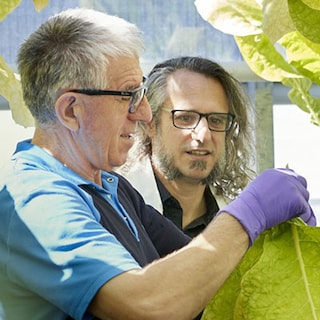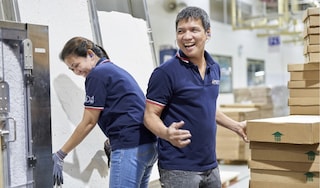Integrated Report 2019
| INTEGRATED REPORT 2019 |
At PMI, we are committed to transparency and disclosure, and we are pleased to share our first Integrated Report and its online supplement.
(For our 2021 Integrated Report, click here.)

PMI’s Statement of Purpose
Discover more
Letter from our CEO
Discover more
Sustainability at PMI
Discover moreTable of contents
Our sustainability topics are structured around four strategic pillars of action and two tiers, which form the basis of our reporting. Discover all topics under the pillars below.

Innovating for better products
Read more
Operating with excellence
Read more
Caring for the people we work with
Read more
Protecting the environment
Read moreCountry case studies
Take a closer look how we integrate sustainability at a country level.
Downloads and additional resources
We always welcome the feedback of our stakeholders. For comments or questions, or to receive a printed copy of PMI's Integrated Report 2019, please get in touch.






